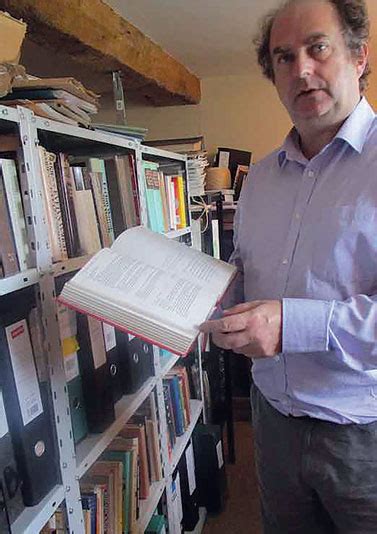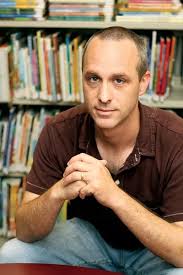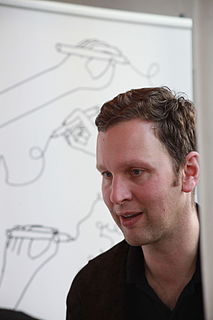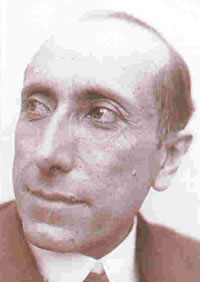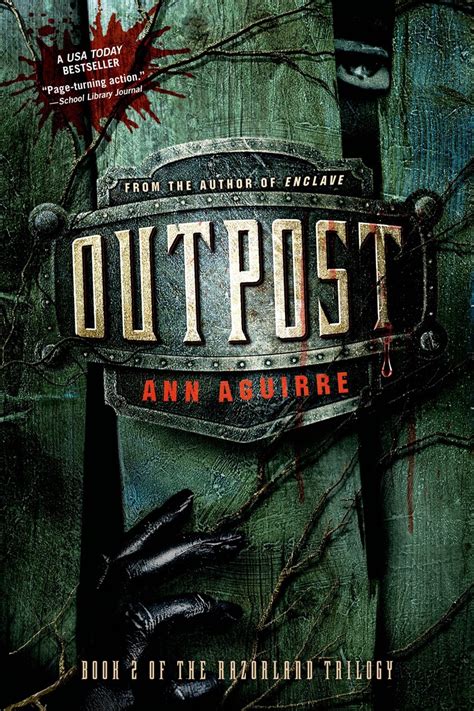A Quote by Alexander Waugh
In the short walk between his aeroplane and reaching the outside world at Heathrow, Michael Bywater encountered no fewer than 93 separate notices telling him off for things he hadn't done or which hadn't even occurred to him to do. Being bossed and patronised are two sensations that most sophisticated adults would sooner do without and yet we are bossed and patronised, by the media, by politicians, by business, by advertising agencies and the public services, more now than at any other time in our history. Why should this be?
Quote Topics
Adults
Advertising
Advertising Agencies
Agencies
Any
Being
Between
Business
Done
Encountered
Even
Fewer
Him
His
History
Media
Michael
More
Most
Notices
Now
Occurred
Off
Other
Our
Outside
Outside World
Politicians
Public
Public Service
Reaching
Sensations
Separate
Services
Short
Should
Sooner
Sophisticated
Telling
Than
Things
Time
Two
Walk
Which
Why
Without
World
Would
Related Quotes
I do not doubt that if the Paradisal man could now appear among us, we should regard him as an utter savage, a creature to be exploited or, at best, patronised. Only one or two, and those the holiest among us, would glance a second time at the naked, shaggy-bearded, slow spoken creature: but they, after a few minutes, would fall at his feet.
Politicians have patronised and talked down to us all when it comes to our economy, but ordinary working people have to manage on incomes significantly lower than the likes of George Osborne and his friends in the City. They could teach the bankers and many commentators a thing or two about managing a budget responsibly.
Nicholas Benedict did have an exceptional gift for knowing things (more exceptional, in fact, than most adults would have thought possible), and yet not even he could know that this next chapter was to be the most unusual-and most important-of his entire childhood. Indeed, the strange days that lay ahead would change him forever, though for now they had less substance than the mist through which he ran.
A father would do well, as his son grows up, and is capable of it, to talk familiarly with him; nay, ask his advice, and consult with him about those things wherein he has any knowledge or understanding. By this, the father will gain two things, both of great moment. The sooner you treat him as a man, the sooner he will begin to be one; and if you admit him into serious discourses sometimes with you, you will insensibly raise his mind above the usual amusements of youth, and those trifling occupations which it is commonly wasted in.
The person in peak-experiences feels himself, more than other times, to be the responsible, active, creating center of his activities and of his perceptions. He feels more like a prime-mover, more self-determined (rather than caused, determined, helpless, dependent, passive, weak, bossed). He feels himself to be his own boss, fully responsible, fully volitional, with more "free-will" than at other times, master of his fate, an agent.
As a John Kerry supporter, I wanted to send him a check. But then it occurred to me that most of that money would end up in the hands of advertising agencies and television networks. And the money would be used to create deceptive commercials that flatter our point of view and shade the facts our way. And I wasn't comfortable with that. But on the other hand, that's how the game is played. You're always grappling.
The most prudent thing any intelligent animal can do, if it would prefer its descendents not to spend a lot of time on a slab with electrodes clamped to their brains or sticking mines on the bottom of ships, or being patronised by zoologists, is to make bloody certain humans don't find out about it.
Consider any individual at any period of his life, and you will always find him preoccupied with fresh plans to increase his comfort. Do not talk to him about the interests and rights of the human race; that little private business of his for the moment absorbs all his thoughts, and he hopes that public disturbances can be put off to some other time.
The Enemy wants to bring the man to a state of mind in which he could design the best cathedral in the world, and know it to be the best, and rejoice in the fact, without being any more (or less) or otherwise glad at having done it than he would be if it had been done by another. The Enemy wants him, in the end, to be so free from any bias in his own favour that he can rejoice in his own talents as frankly and gratefully as in his neighbour's talents--or in a sunrise, an elephant, or a waterfall.
It wasn't only that you didn't see him anymore, meet him anymore. You saw his absence and encountered it as something tangible. His not being there was like the sharply outlined emptiness of a photo with a figure cut out precisely with scissors and now the missing figure is more important, more dominant than all others.
